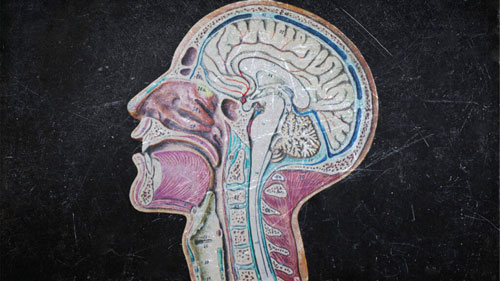A LARGE international study suggests that around 1 in every 100 patients hospitalized with COVID-19 have brain complications. These include stroke, brain hemorrhage, and other potentially fatal conditions.
Many of the patients had preexisting illnesses, such as high blood pressure, heart disease, and diabetes.
Previous research has shown that some people who recover from COVID-19 have lingering neurological and psychiatric symptoms.
As the COVID-19 pandemic wears on, experts increasingly recognize that SARS-CoV-2, the virus that causes the disease, affects areas beyond the lungs.
It can also infect the kidneys, gut, and blood vessels, for example. In addition, COVID-19 can cause a range of neurological and psychiatric symptoms.
One telltale symptomTrusted Source is a loss of taste or smell, which indicates that SARS-CoV-2 can infect the peripheral nervous system. But the virus can also affect the central nervous system, producing symptoms such as headaches, dizziness, confusion, and seizures.
Now, a large international study led by researchers at Thomas Jefferson University, in Philadelphia, has found that around 1% of patients hospitalized with COVID-19 develop potentially fatal brain complications.
These include strokes, bleeding, and inflammation called encephalitis. “Much has been written about the overall pulmonary [lung] problems related to COVID-19, but we do not often talk about the other organs that can be affected,” says Dr. Scot
t H. Faro, a professor of radiology and neurology at the university, who also led the study.
“Our study shows that central nervous system complications represent a significant cause of morbidity and mortality in this devastating pandemic,” he explains.
The researchers presented their currently unpublished results at the annual meeting of the Radiological Society of North America, in Chicago.
The study has yet to be peer reviewed, and only a summary of the results is available. The retrospective, observational study involved almost 40,000 patients, who were hospitalized with COVID-19 at any of seven university hospitals in the United States or four in Western Europe.










